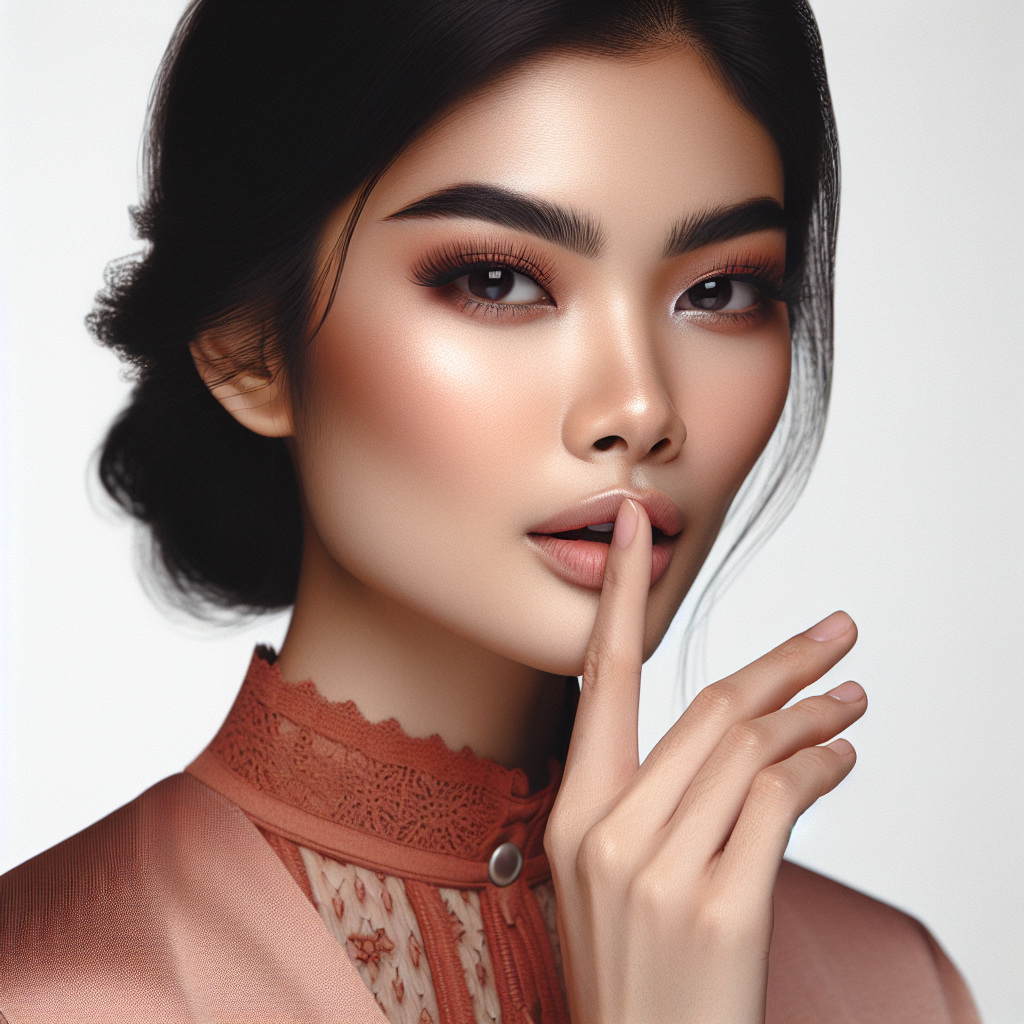Exploring the Complex World of Myrtle Wilson in “The Great Gatsby”
In the intricate tapestry that F. Scott Fitzgerald weaves in “The Great Gatsby,” few characters are as compelling yet tragic as Myrtle Wilson. As a symbol of the struggles of lower-to-middle-class women, Myrtle’s story is a poignant reflection on social class in “The Great Gatsby” and the pursuit of the American Dream. This article delves into Myrtle Wilson quotes, her character analysis, and the broader implications of her role within the novel, offering insights that resonate with themes of aspiration, moral judgment, and social mobility.
Myrtle Wilson’s Quest for a Better Life
Trapped in a desolate marriage to George Wilson, Myrtle represents the dreams and desperation of those at the margins of society, yearning for a slice of the opulence that seems just out of reach. Her affair with Tom Buchanan embodies her attempt to transcend her socio-economic constraints, showcasing the acute awareness of social class in “The Great Gatsby.” Myrtle’s transformation, especially when she adorns herself in a cream-colored chiffon dress, mirrors her deep-seated desires for recognition and a place in the higher social echelons.
Quotes and Analysis: The Inner World of Myrtle Wilson
Myrtle Wilson quotes in “The Great Gatsby” are laced with longing and a stark realization of her precarious position in society. Descriptions of her physical appearance and demeanor— “faintly stout but carrying her surplus flesh sensuously”—and her contentious relationship with George Wilson depict a woman caught between her desires and her reality. Her famous exclamation, “You can’t live forever; you can’t live forever,” encapsulates the fervent, almost reckless pursuit of a better life, marked by materialism and social climbing.
The Symbolism of Myrtle’s Tragic Fate
Myrtle’s death is symbolic of the broader critique of the American Dream in “The Great Gatsby.” It underscores the novel’s exploration of social class disparities, highlighting the expendability of those lacking wealth and status. Fitzgerald’s portrayal of Myrtle’s end, while vivid and harrowing, serves as a commentary on societal values and the relentless pursuit of material wealth at the expense of moral integrity.
| Character | Symbolism |
|---|---|
| Myrtle Wilson | Ambition and social aspiration |
| George Wilson | The forgotten lower class |
| Tom Buchanan | Brutality of the elite |
The Great Gatsby Character Analysis: A Closer Look
The Great Gatsby character analysis provides a lens through which to understand not just Myrtle, but the dynamics of all characters intertwined in the narrative. Myrtle’s complexity as a character—her vitality, her aspirations, and ultimately her downfall—reflects Fitzgerald’s critique of 1920s society, its values, and the elusive nature of the American Dream. Through her eyes, readers can glimpse the allure of wealth and the devastating consequences when dreams collide with reality.
In conclusion, Myrtle Wilson quotes and her character arch in “The Great Gatsby” shed light on the themes of social mobility, class distinction, and the inherent contradictions of the American Dream. Her story elicits both empathy and critique, offering a multifaceted look at one of Literature’s most enduring novels.






